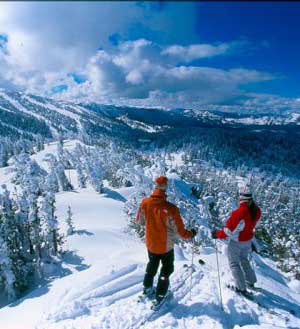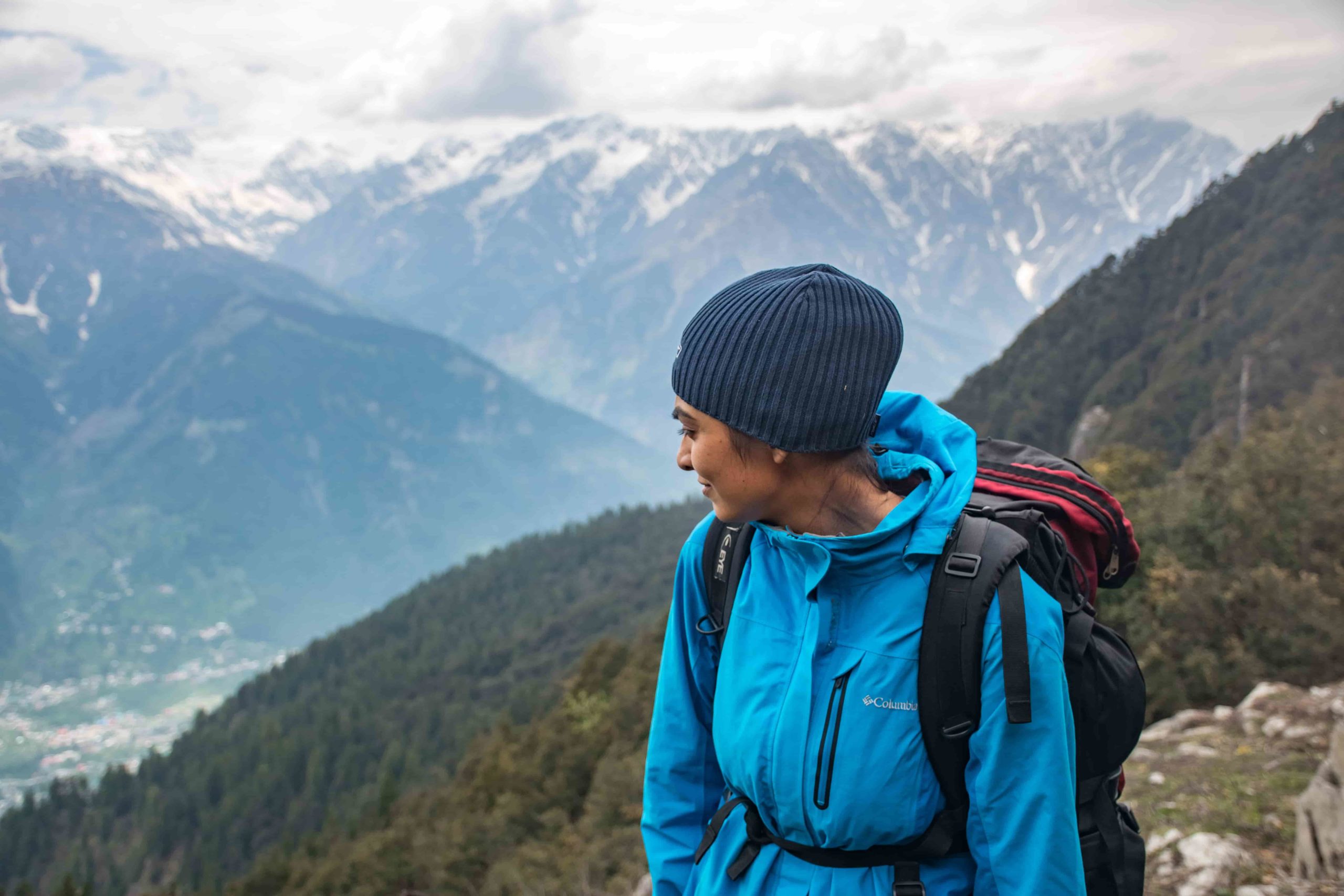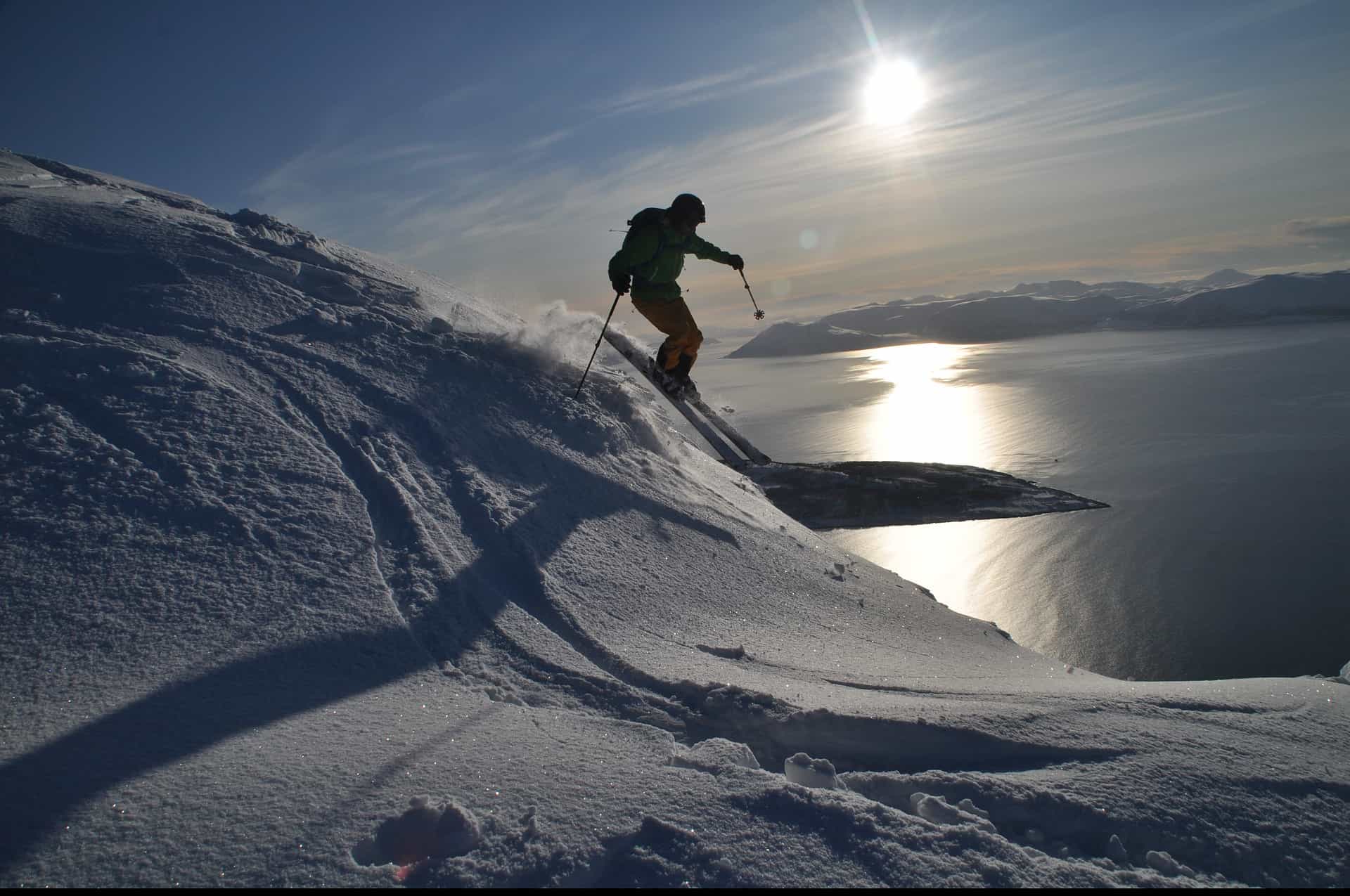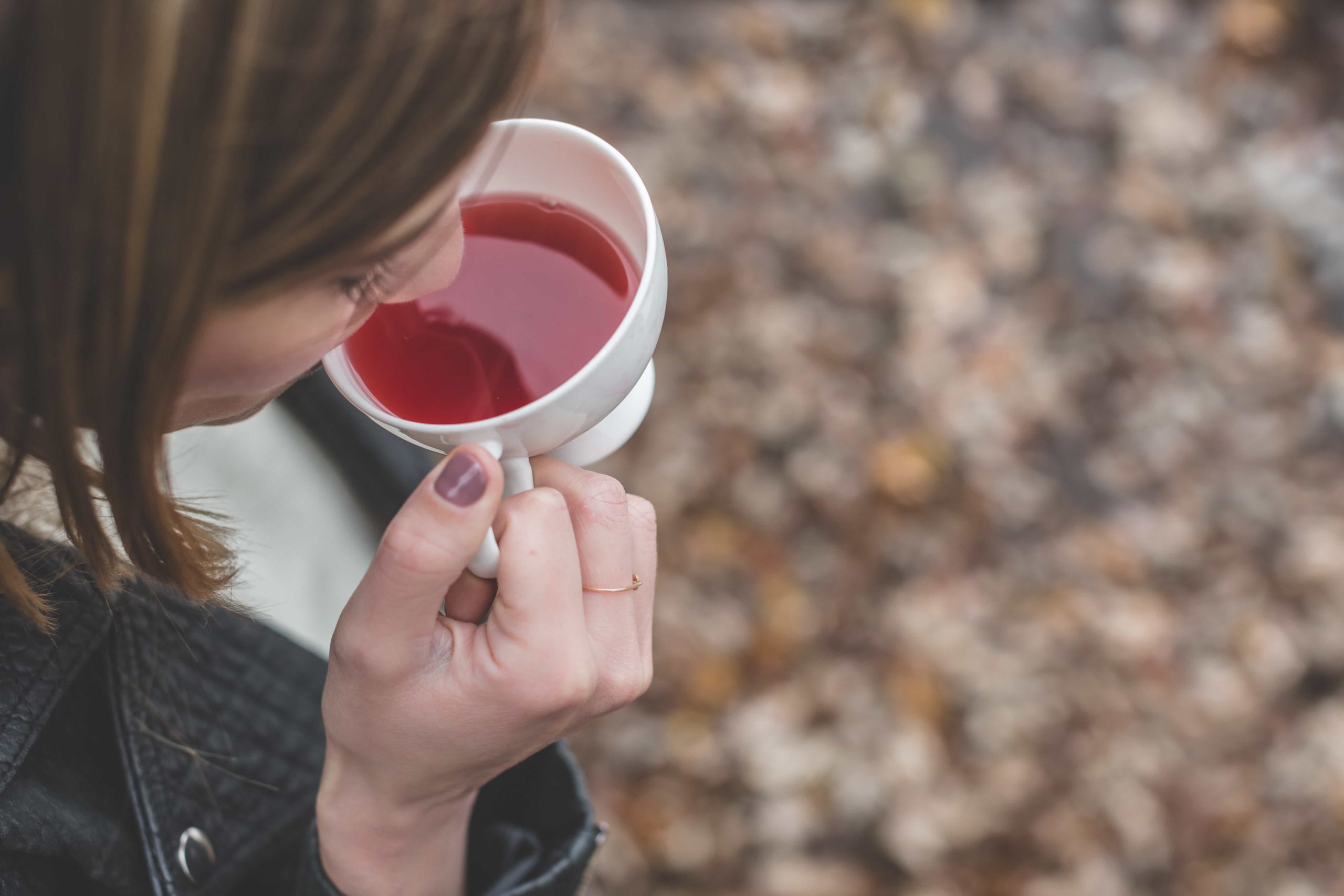 When visiting the higher elevations of the mountains, you will revel in the scenery and the sights. However, there may be some not-so-pleasant experiences that can happen — especially if you are traveling from lower elevations or you are not used to the thinner, drier air.
When visiting the higher elevations of the mountains, you will revel in the scenery and the sights. However, there may be some not-so-pleasant experiences that can happen — especially if you are traveling from lower elevations or you are not used to the thinner, drier air.
Take a look at some of the tips that can keep you healthy and feeling great during your vacation or stay in the Park City mountains.
Coping with Possible Altitude Sickness
Some people, when coming to high elevations, can experience a period of altitude adjustment, which can often be unpleasant. During this period it is possible you may experience some of the following:
- Headache
- Nausea
- Vomiting
- Sleeplessness
Collectively, these symptoms are known as acute mountain sickness.
The symptoms mentioned usually occur during the first eight to 24 hours at high altitudes. The severity and duration depends on altitude and at which rate you come to higher altitudes.
Acclimating to higher altitudes can take several days; so how can you get used to it faster so not to interrupt your vacation? The best things you can do are to drink plenty of water and limit alcohol intake. Get plenty of rest and take pain relievers. If you suffer a severe case where you are experiencing loss of breath or you smoke, suffer from lung or heart conditions, you should consult a physician.
Body Hydration at Higher Altitudes
As you know, water is as essential to the body as is oxygen. Water helps your energy levels, metabolism, and helps control your core and overall body temperature.
During strenuous activities — especially at higher altitudes — you can lose as much as five quarters of fluids a day through perspiration and evaporation of the moisture that comes from the lungs.
If a substantial amount of fluid is lost and not replaced, the equilibrium in your body is upset and you are more likely to suffer from illnesses.
After exercising here at high altitudes, make sure you replace those fluids and electrolytes as quickly as possible.
Sunscreen, Sunscreen, Sunscreen
As vital as proper hydration, skin protection at higher elevations is very important. At high altitudes, the air is thinner and UV rays are more predominant. It is very important that you protect your skin through the use of sunscreen. And, because it is drier at altitude, you should use a moisturizing UV sunscreen to help your skin stay hydrated.
Staying healthy is not hard at our higher elevations. If you just keep these tips in mind, you’ll be able to enjoy your entire stay without problems.





